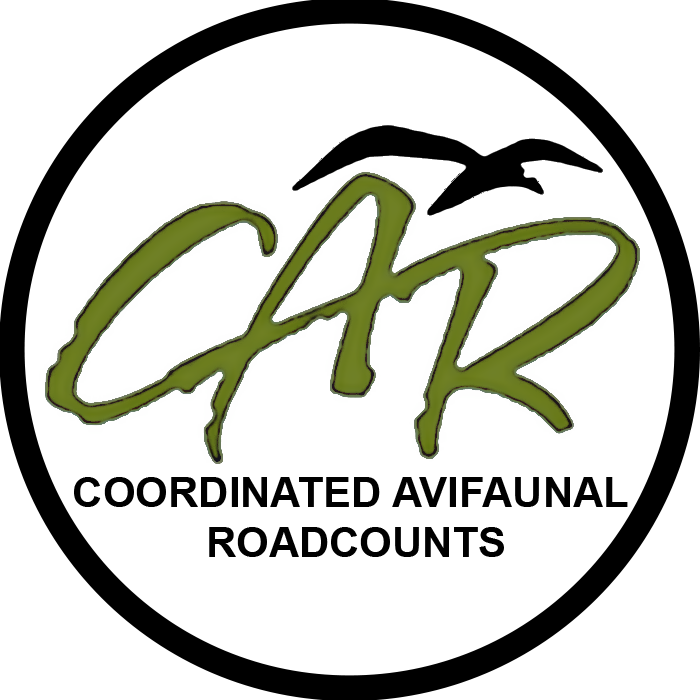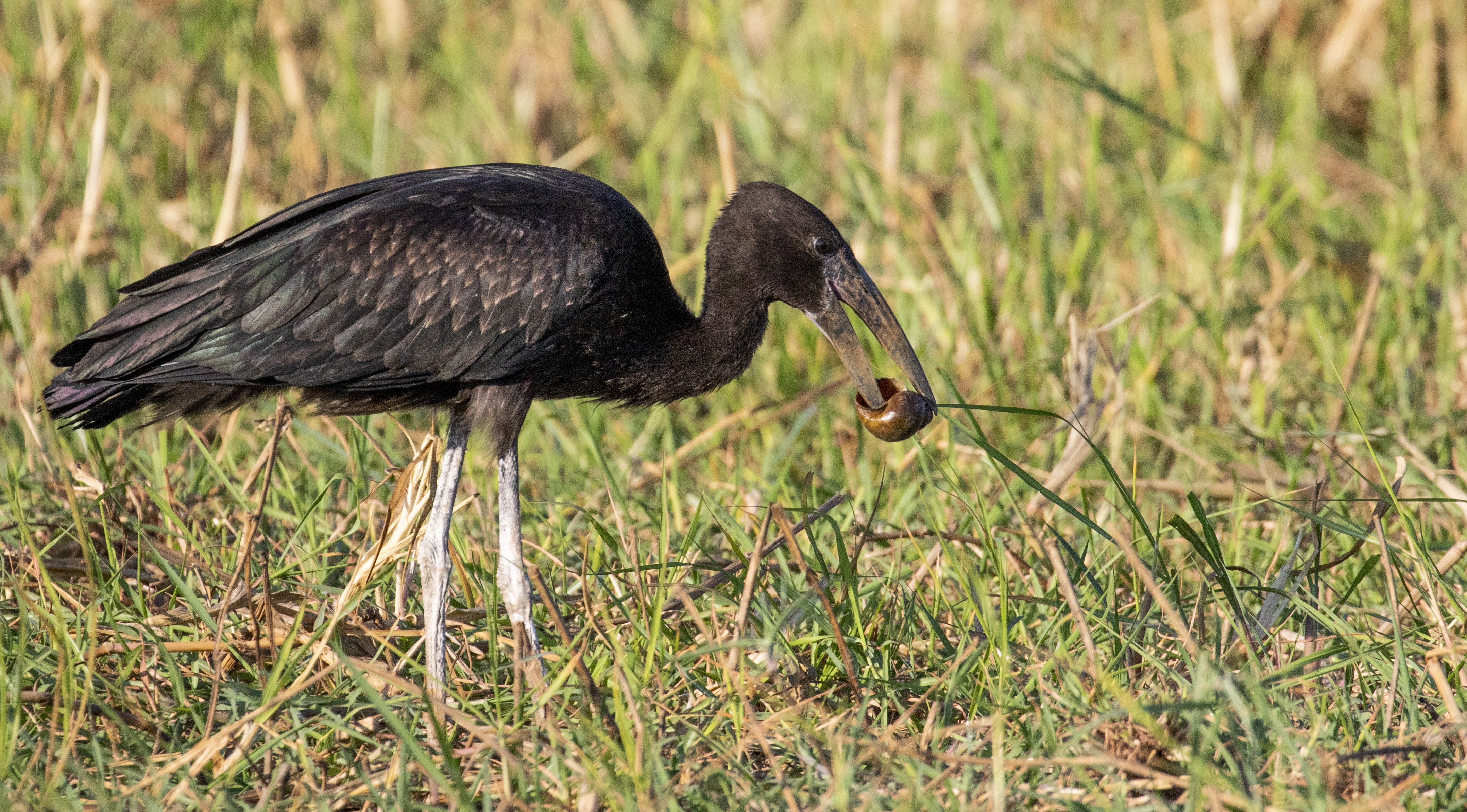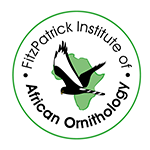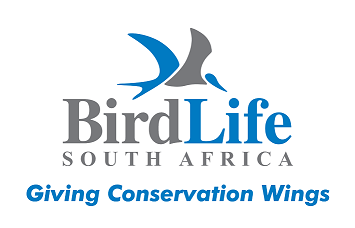African Openbill (Anastomus lamelligerus)
CAR summary data
Habitat and noted behaviour
Sightings per Kilometre
Please note: The below charts indicate the sightings of individuals along routes where the species has occured, and NOT across all routes surveyed through the CAR project.
Regional Status

IUCN Data (Global)
IUCN 2024. IUCN Red List of Threatened Species. Version 2024-1 (www)Assessment year: 2018
Assessment Citation
BirdLife International 2018. Anastomus lamelligerus. The IUCN Red List of Threatened Species 2018: e.T22697664A132274733. Accessed on 03 March 2026.Habitats:
Behaviour This species is an intra-African trans-equatorial migrant, making movements that are triggered by the rains (del Hoyo et al. 1992, Hancock et al. 1992). It breeds during in the rains when snails (its main prey items) are most readily available. It nests in colonies of various sizes, often with other species (del Hoyo et al. 1992, Hancock et al. 1992). Nesting may only occur in years when local food supplies are plentiful; however, it may not occur regularly at the same site (Hancock et al. 1992). The species feeds in loose groups that may contain up to 50 well-dispersed individuals; flocks of over 7,000 may also occur in some seasons (Brown et al. 1982, Hancock et al. 1992). It migrates in flocks and roosts communally in trees (Brown et al. 1982, del Hoyo et al. 1992).Habitat The species inhabits freshwater wetlands with shallow waters and a large abundance of aquatic molluscs, including marshes, swamps, rice-fields, flood-plains, the backwaters and margins of lakes or rivers, ponds and streams (del Hoyo et al. 1992, Hancock et al. 1992). It may also frequent moist savanna or burnt grassland, as well as occasionally forest clearings, coastal mudflats and mangrove swamps (del Hoyo et al. 1992, Hancock et al. 1992).
Diet In many regions, the species may depend entirely upon molluscs such as aquatic snails (e.g. Pila spp. or Lanistes ovum) and freshwater mussels (Ampullaria spp.) (del Hoyo et al. 1992, Hancock et al. 1992). Other prey items taken include frogs, crabs, worms, fish and insects (e.g. locusts and beetles) (del Hoyo et al. 1992, Hancock et al. 1992).
Breeding site The nest is a small platform of sticks and vegetation positioned in trees and bushes over water (e.g. inundated in standing water on flood-plains), or alternatively in reedbeds (Brown et al. 1982, del Hoyo et al. 1992, Hancock et al. 1992). It nests colonially, often in mixed-species groups (Hancock et al. 1992).
Population:
The population is estimated to number 300,000-500,000 individuals in total.Threats:
The species is threatened by habitat loss, entanglement in fishing lines and environmental pollution (e.g. pesticides applied to water for mosquito control) (Hockey et al. 2005). It also suffers from hunting, poaching and the destruction of breeding colonies by villagers on Madagascar (del Hoyo et al. 1992, Hancock et al. 1992).Utilisation The species is hunted and traded at traditional medicine markets in Nigeria (Nikolaus 2001).
 Login
Login



